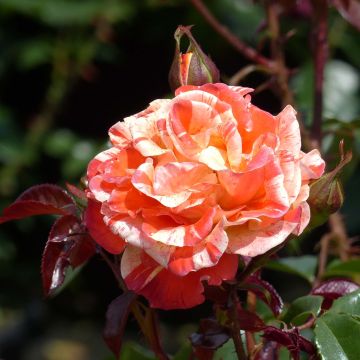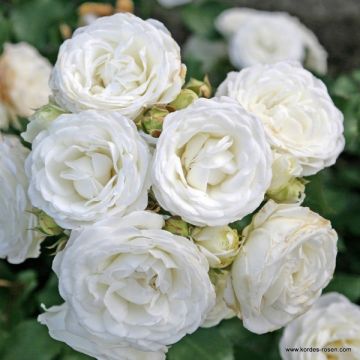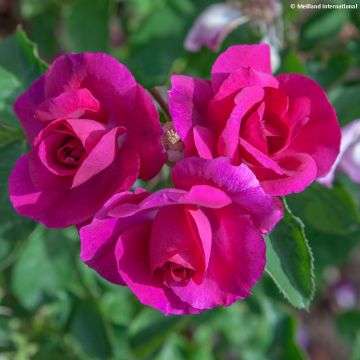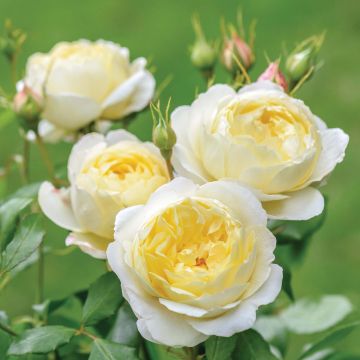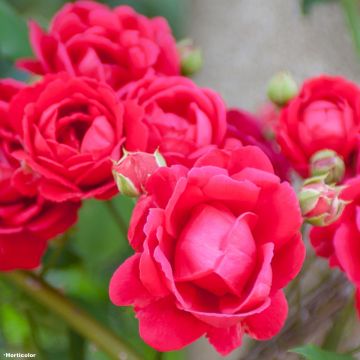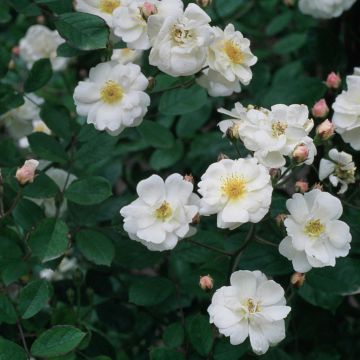

Rosa x floribunda Berleburg 'Poulbella'
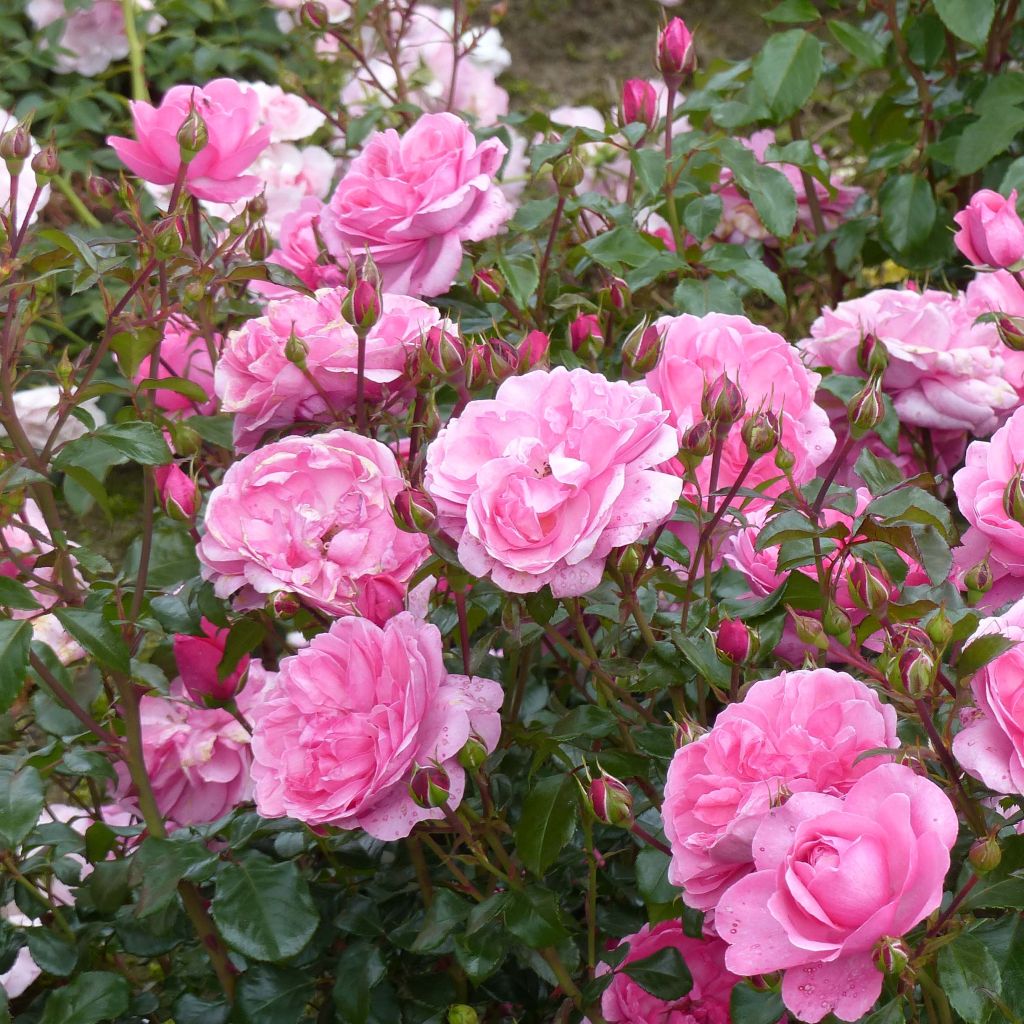

Rosa x floribunda Berleburg 'Poulbella'
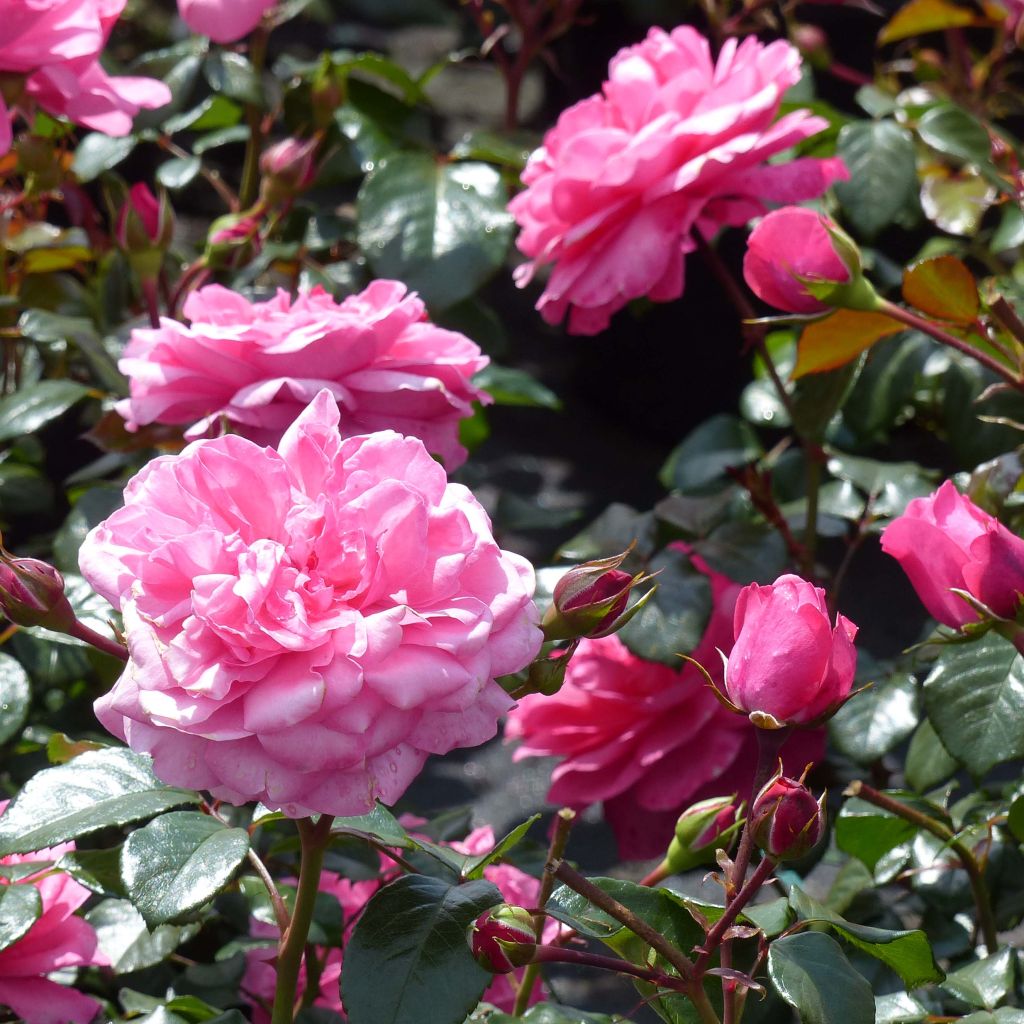

Rosa x floribunda Berleburg 'Poulbella'
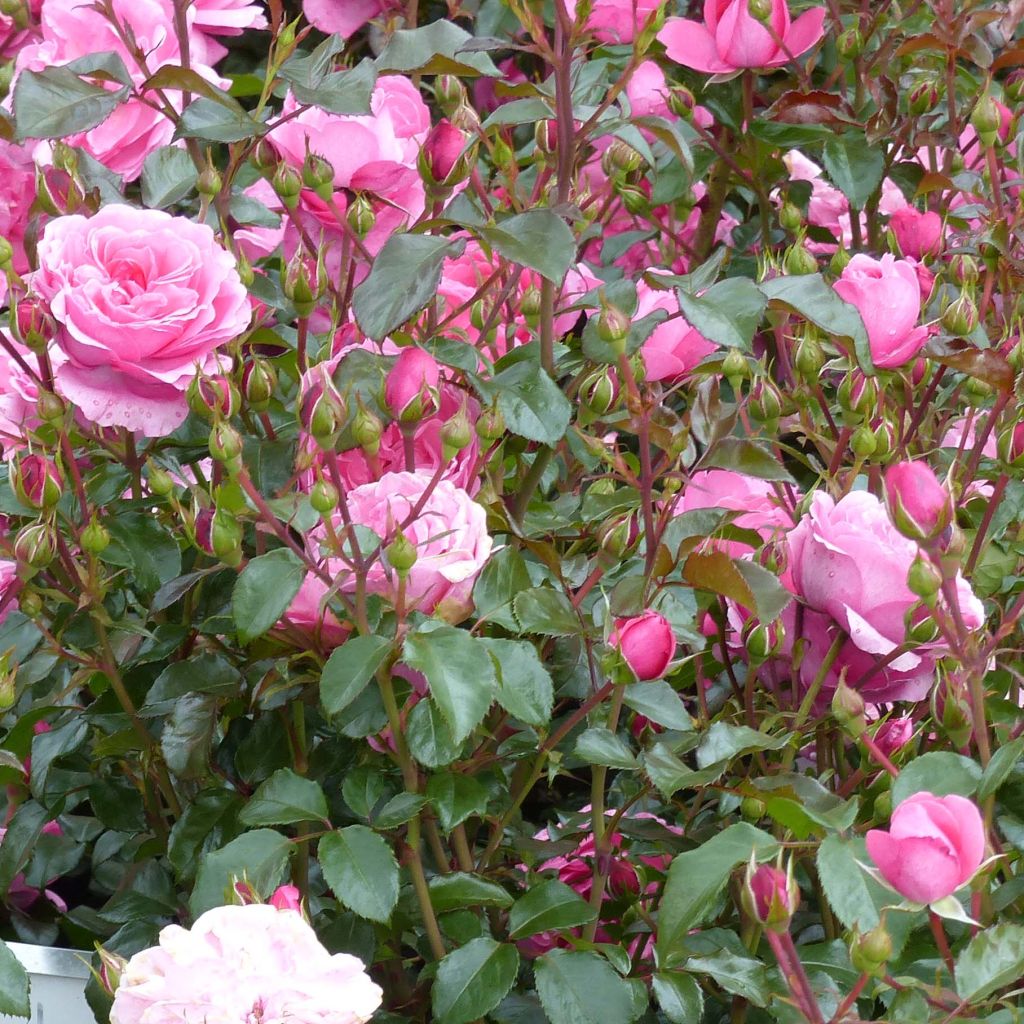

Rosa x floribunda Berleburg 'Poulbella'
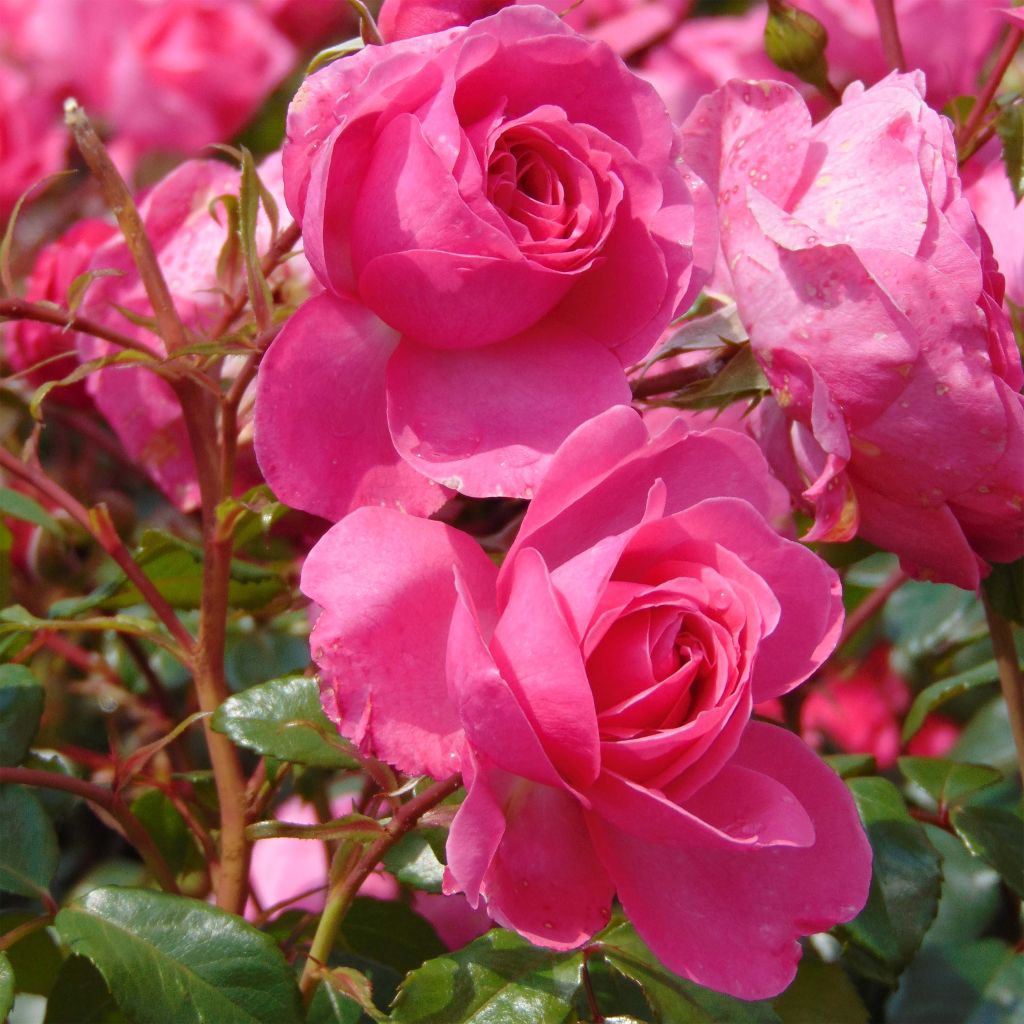

Rosa x floribunda Berleburg 'Poulbella'
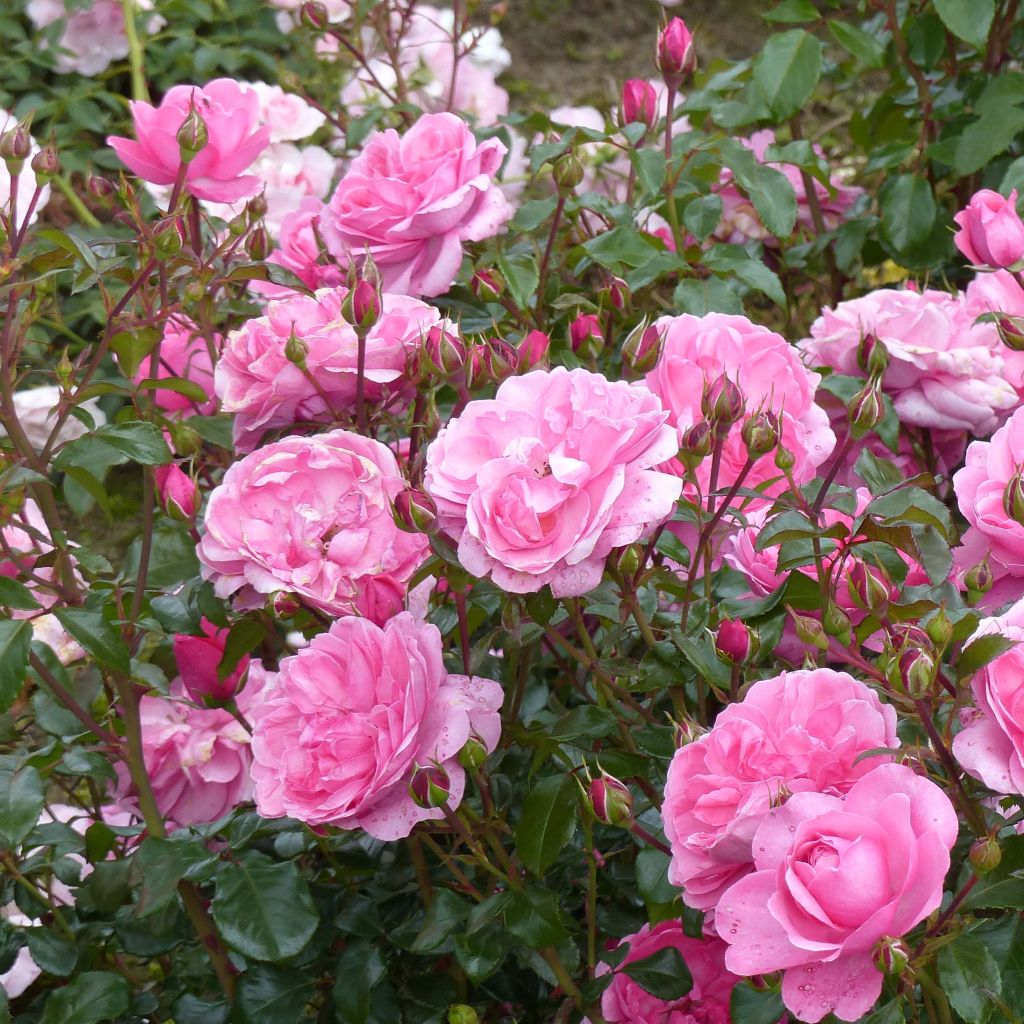

Rosa x floribunda Berleburg 'Poulbella'
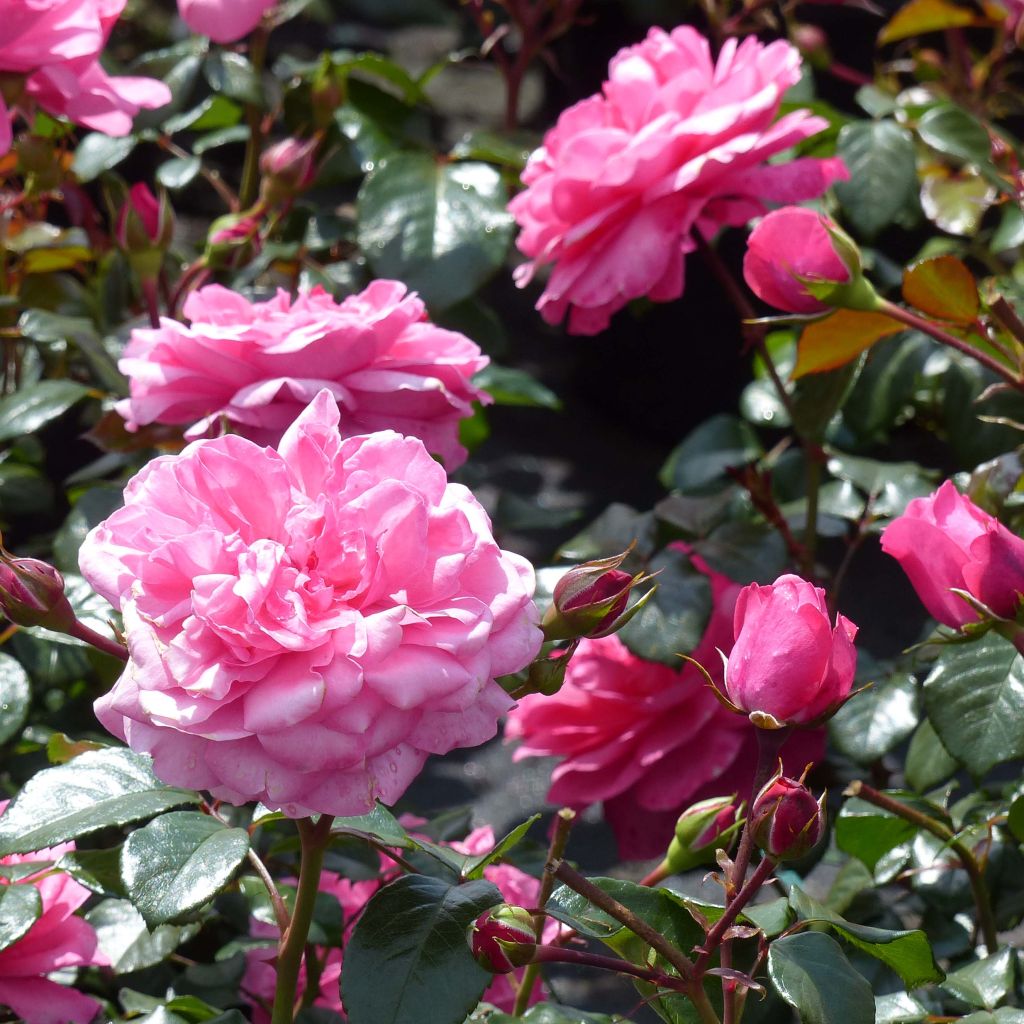

Rosa x floribunda Berleburg 'Poulbella'
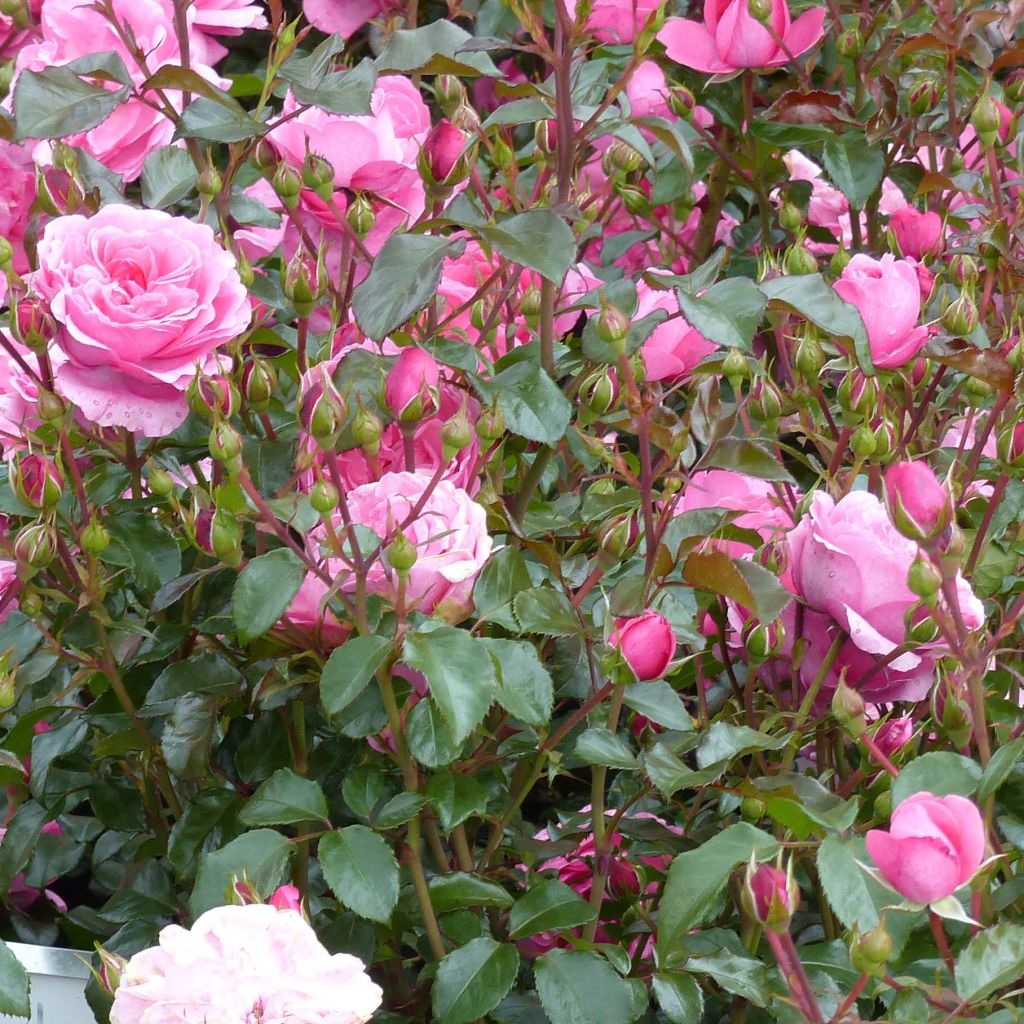

Rosa x floribunda Berleburg 'Poulbella'
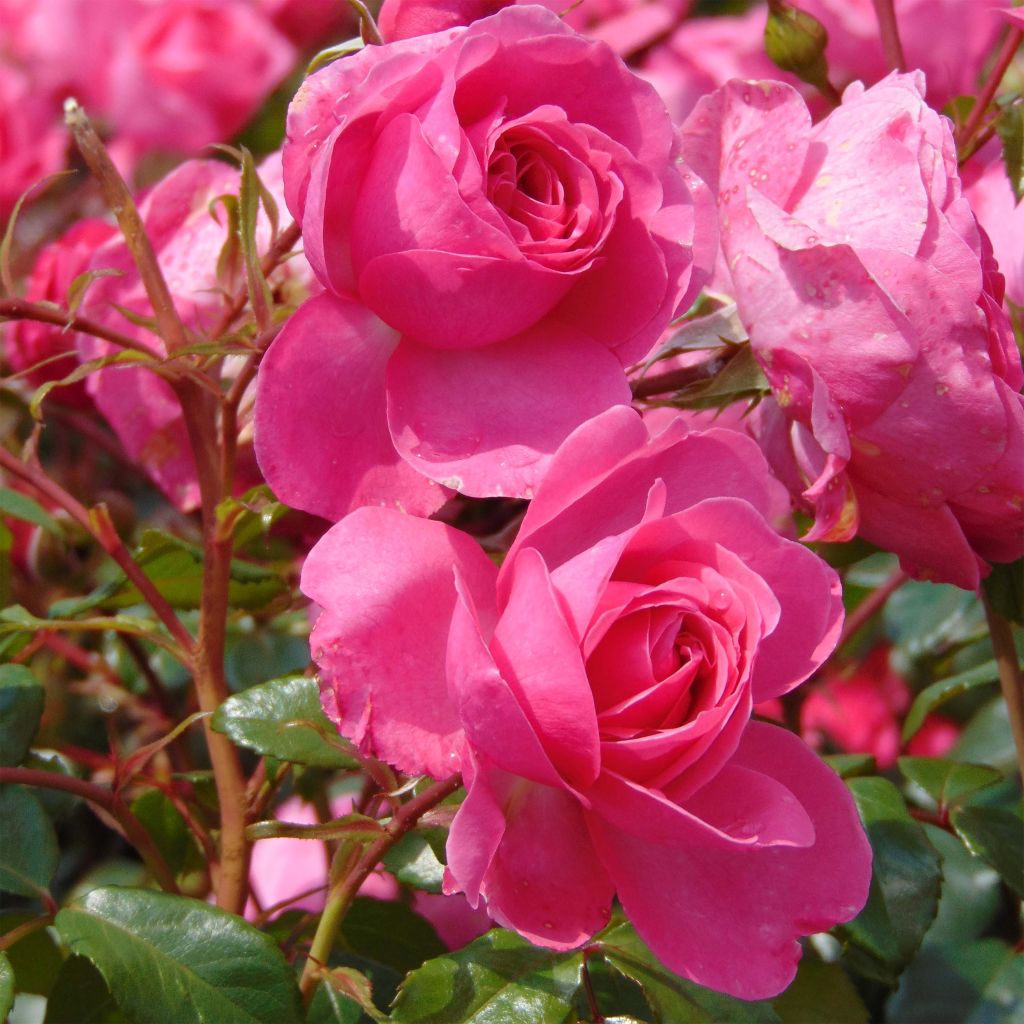

Rosa x floribunda Berleburg 'Poulbella'
Rosa x floribunda Berleburg 'Poulbella'
Rosa x floribunda Berleburg 'Poulbella'
Floribunda Rose
This item cannot be shipped to the selected country
Delivery charge from €5.90
Delivery charge from €5.90
Delivery charge from €5.90
Delivery to Corse prohibited
More information
Schedule delivery date,
and select date in basket
This plant carries a 24 months recovery warranty
More information
We guarantee the quality of our plants for a full growing cycle, and will replace at our expense any plant that fails to recover under normal climatic and planting conditions.
From €5.90 for pickup delivery and €6.90 for home delivery
Express home delivery from €8.90.
From €5.90 for pickup delivery and €6.90 for home delivery
Express home delivery from €8.90.
From €5.90 for pickup delivery and €6.90 for home delivery
Express home delivery from €8.90.
Delivery to Corse prohibited: UE law prohibits the import of this plant from mainland France to Corse as part of the fight against Xylella fastidiosa. Please accept our sincere apologies.
More information

Does this plant fit my garden?
Set up your Plantfit profile →
Description
The 'Berleburg' Rose is a fairly recent Danish creation, a floribunda bush rose that is both very floriferous and has the charm of old roses. This variety is not very tall, but forms a delightful, well-branched bush with abundant foliage, which disappears from June to October under bouquets of very double roses, in a shade of Indian pink to very bright fuchsia pink, which holds up well in the sun. It is a very consistently flowering and fragrant floribunda, rewarded twice for its floribundity and its resistance to rose diseases. It is a must-have for all lovers of very pink roses, whether in a small flower garden or in a carefully chosen large pot on the terrace.
The clustered-flowered rose 'Berleburg' (Poulbella) is part of a recent series of roses called Castle, created by the Danish rose breeder Poulsen. It has received the certificate of merit in Glasgow, Scotland, as well as in Belfast, Ireland. Castle roses are defined as modern floribunda roses, very compact bushes with many flowers, offering blooms that resemble old roses and are often fragrant. These varieties are also selected for their resistance to rose diseases and their vigour. They are particularly well suited to container gardening, but also thrive in flower beds, alongside perennials.
'Berleburg' forms a small bush, 80cm (32in) in height and 60cm (24in) in spread, very branched, vigorous and bushy, with beautiful abundant and healthy foliage, dark green and slightly glossy. Its flowering period is remarkably long, lasting 5 to 6 months. This bush continuously produces its very double, informal, slightly flattened corollas, 4cm (2in) in diameter, formed by 40 imbricated petals. They are gathered in generous terminal clusters. The tightly closed buds open into slightly fragrant roses with a more relaxed appearance. The exact colour of the flowers, from bud to full bloom, is a medium bright pink, with some touches of light pink.
Floribunda roses can be used to create beautiful small hedges, planted mixed along the edge of a terrace or in small shrub beds. They can be paired with abelias, nandinas, or caryopteris, for example. They are good companions for paniculate phlox and tall gypsophila. They can also be planted in groups of 5 as solitary plants in a small garden; surrounded by a border of catmints or carnations, they will create a beautiful mass of flowers throughout the season. The modest size and floribundity of 'Berleburg' make it a very interesting variety for container gardening.
Breeder: Olesen (Denmark) in 1989
Report an error about the product description
Rosa x floribunda Berleburg 'Poulbella' in pictures
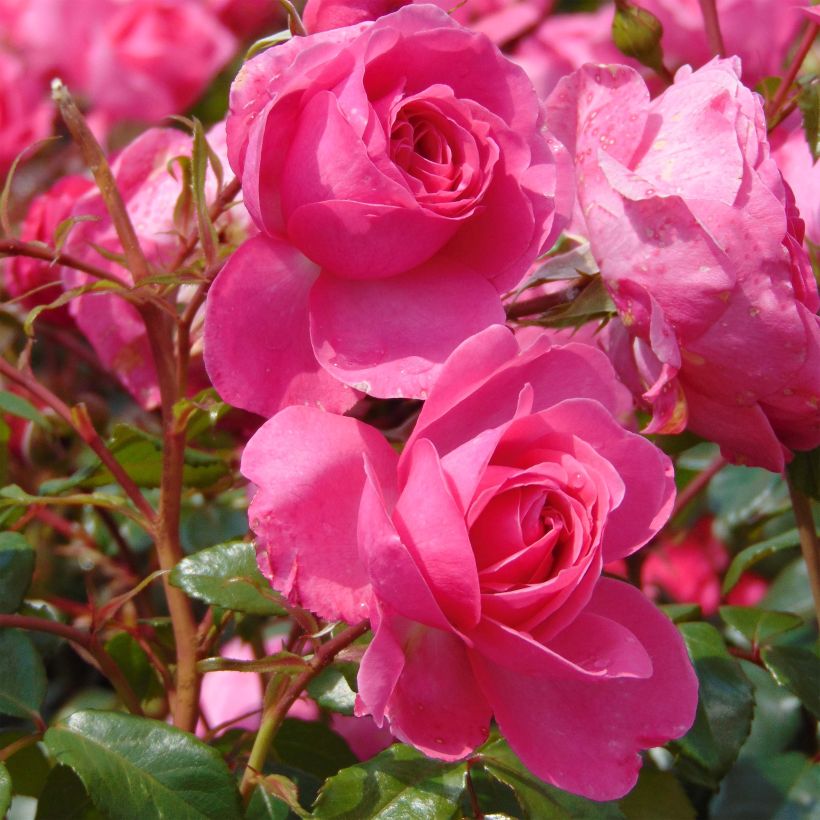

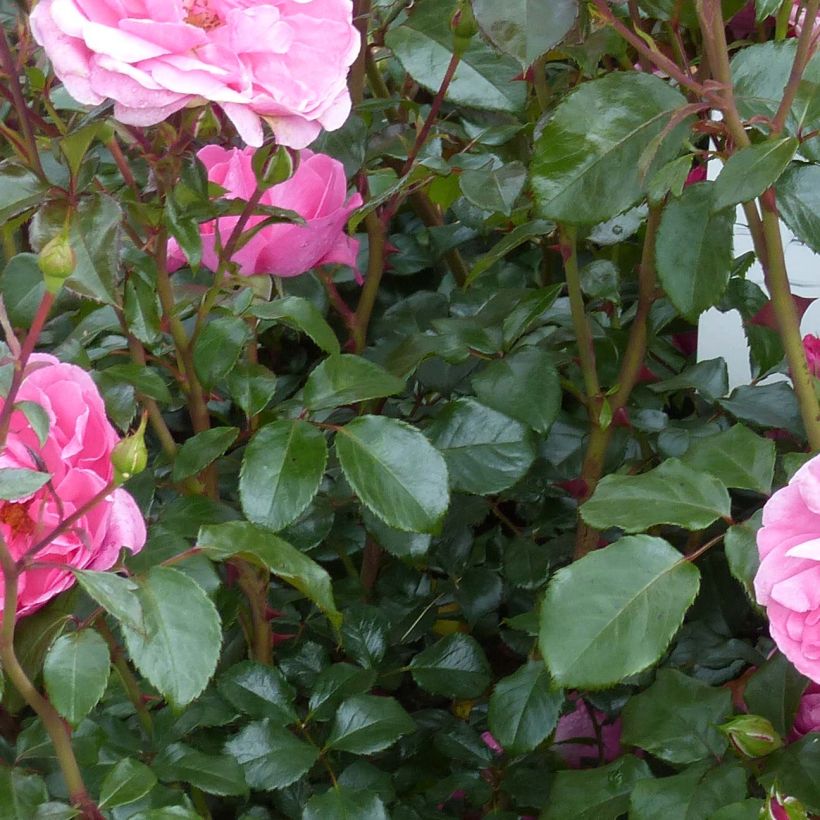

Plant habit
Flowering
Foliage
Botanical data
Rosa
x floribunda
Berleburg 'Poulbella'
Rosaceae
Floribunda Rose
Cultivar or hybrid
Rosa canina Laxa (Wrapped bare root)
Other Polyantha clustered Roses
Planting and care
Plant this floribunda rose from November to March, in ordinary, well-loosened and free-draining soil. Roses prefer clayey soils, rather heavy than light. In soil that is too sandy, too compact or too dry in summer, it is preferable to bury compost, decomposed manure or leaf-mould at the bottom of the planting hole. However, this rose dreads waterlogged soils in winter. Place it in a sunny position, at most in partial shade. Roses are greedy plants, a specific rose fertiliser application will be beneficial when the foliage emerges, then regularly during the entire flowering period.
To encourage re-blooming, regularly remove faded flowers. Floribunda rose varieties are more vigorous and floriferous than large-flowered rose varieties. Therefore, the stems should be pruned to about a quarter of their length (4 to 6 buds from the base of the stem) at the end of winter. Always prune above an outward-facing bud, so that the bush thickens and the branches do not become tangled in the centre of the shrub.
Planting period
Intended location
Care
-
, onOrder confirmed
Reply from on Promesse de fleurs
Roses by purpose
Haven't found what you were looking for?
Hardiness is the lowest winter temperature a plant can endure without suffering serious damage or even dying. However, hardiness is affected by location (a sheltered area, such as a patio), protection (winter cover) and soil type (hardiness is improved by well-drained soil).

Photo Sharing Terms & Conditions
In order to encourage gardeners to interact and share their experiences, Promesse de fleurs offers various media enabling content to be uploaded onto its Site - in particular via the ‘Photo sharing’ module.
The User agrees to refrain from:
- Posting any content that is illegal, prejudicial, insulting, racist, inciteful to hatred, revisionist, contrary to public decency, that infringes on privacy or on the privacy rights of third parties, in particular the publicity rights of persons and goods, intellectual property rights, or the right to privacy.
- Submitting content on behalf of a third party;
- Impersonate the identity of a third party and/or publish any personal information about a third party;
In general, the User undertakes to refrain from any unethical behaviour.
All Content (in particular text, comments, files, images, photos, videos, creative works, etc.), which may be subject to property or intellectual property rights, image or other private rights, shall remain the property of the User, subject to the limited rights granted by the terms of the licence granted by Promesse de fleurs as stated below. Users are at liberty to publish or not to publish such Content on the Site, notably via the ‘Photo Sharing’ facility, and accept that this Content shall be made public and freely accessible, notably on the Internet.
Users further acknowledge, undertake to have ,and guarantee that they hold all necessary rights and permissions to publish such material on the Site, in particular with regard to the legislation in force pertaining to any privacy, property, intellectual property, image, or contractual rights, or rights of any other nature. By publishing such Content on the Site, Users acknowledge accepting full liability as publishers of the Content within the meaning of the law, and grant Promesse de fleurs, free of charge, an inclusive, worldwide licence for the said Content for the entire duration of its publication, including all reproduction, representation, up/downloading, displaying, performing, transmission, and storage rights.
Users also grant permission for their name to be linked to the Content and accept that this link may not always be made available.
By engaging in posting material, Users consent to their Content becoming automatically accessible on the Internet, in particular on other sites and/or blogs and/or web pages of the Promesse de fleurs site, including in particular social pages and the Promesse de fleurs catalogue.
Users may secure the removal of entrusted content free of charge by issuing a simple request via our contact form.
The flowering period indicated on our website applies to countries and regions located in USDA zone 8 (France, the United Kingdom, Ireland, the Netherlands, etc.)
It will vary according to where you live:
- In zones 9 to 10 (Italy, Spain, Greece, etc.), flowering will occur about 2 to 4 weeks earlier.
- In zones 6 to 7 (Germany, Poland, Slovenia, and lower mountainous regions), flowering will be delayed by 2 to 3 weeks.
- In zone 5 (Central Europe, Scandinavia), blooming will be delayed by 3 to 5 weeks.
In temperate climates, pruning of spring-flowering shrubs (forsythia, spireas, etc.) should be done just after flowering.
Pruning of summer-flowering shrubs (Indian Lilac, Perovskia, etc.) can be done in winter or spring.
In cold regions as well as with frost-sensitive plants, avoid pruning too early when severe frosts may still occur.
The planting period indicated on our website applies to countries and regions located in USDA zone 8 (France, United Kingdom, Ireland, Netherlands).
It will vary according to where you live:
- In Mediterranean zones (Marseille, Madrid, Milan, etc.), autumn and winter are the best planting periods.
- In continental zones (Strasbourg, Munich, Vienna, etc.), delay planting by 2 to 3 weeks in spring and bring it forward by 2 to 4 weeks in autumn.
- In mountainous regions (the Alps, Pyrenees, Carpathians, etc.), it is best to plant in late spring (May-June) or late summer (August-September).
The harvesting period indicated on our website applies to countries and regions in USDA zone 8 (France, England, Ireland, the Netherlands).
In colder areas (Scandinavia, Poland, Austria...) fruit and vegetable harvests are likely to be delayed by 3-4 weeks.
In warmer areas (Italy, Spain, Greece, etc.), harvesting will probably take place earlier, depending on weather conditions.
The sowing periods indicated on our website apply to countries and regions within USDA Zone 8 (France, UK, Ireland, Netherlands).
In colder areas (Scandinavia, Poland, Austria...), delay any outdoor sowing by 3-4 weeks, or sow under glass.
In warmer climes (Italy, Spain, Greece, etc.), bring outdoor sowing forward by a few weeks.



































